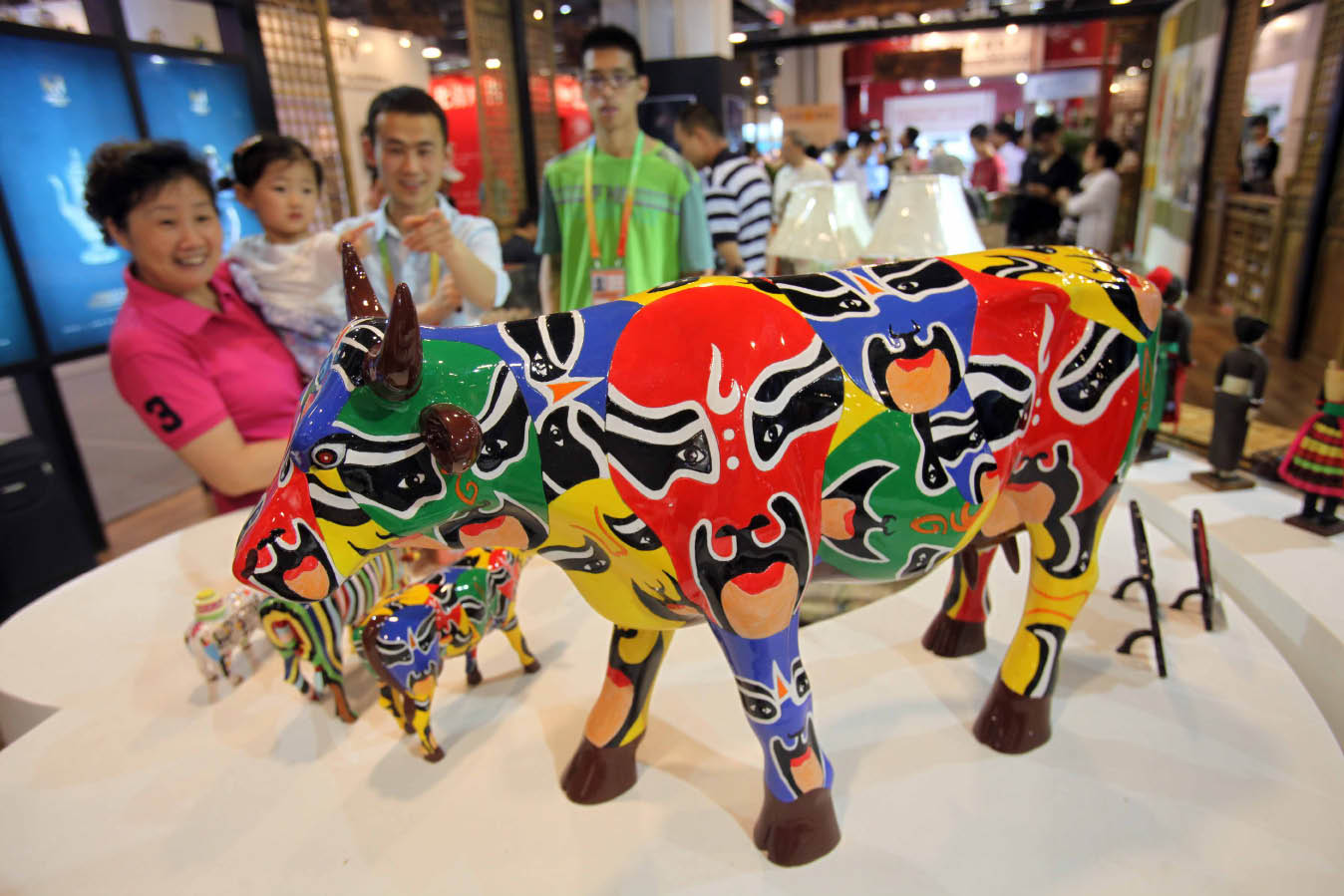1997
Deng Xiaoping Passes Away
On April 26, Deng Xiaoping, chief architect of China's reform and opening-up, passed away. According to Dwight Perkins, a well-known American economist, the most important contribution Deng made to China's development is that he created a good atmosphere in which policymakers and private enterprises could explore various roads to economic development. Deng held that, as a Communist, the most important thing is to seek truth from facts. He could always guide China's reform using the plainest language. In the 1980s, in solving China's unification, Deng Xiaoping presented the idea of "one country, two systems." British Prime Minister Margaret Thatcher commented that the concept of "one country, two systems" to settle the Hong Kong issue was one of genius. It is a pity that Deng passed away three months before Hong Kong's return.
Hong Kong's Return to China
On July 1, Hong Kong returned to the motherland. After the first Opium War in 1840, the Qing government ceded Hong Kong to Britain according to the Nanking Treaty (1841). In 1982, the Chinese and British governments began to negotiate on China's resuming exercise of sovereignty over Hong Kong. In 1984, the two governments signed a joint declaration, saying that the Chinese government would resume its exercise of sovereignty over Hong Kong on July 1, 1997.
Christopher Patten, the last governor of Hong Kong, said that it was the end of a historical period, and the end of British colonialism. At that time, the international community was pessimistic about Hong Kong's future, thinking that after Hong Kong's return, it would lose its economic vitality. However, the central government of China firmly adhered to the principles of "one country, two systems" and "Hong Kong governed by Hong Kong people," and succeeded in keeping Hong Kong prosperous. After suffering through the Asian financial crisis and the SARS epidemic, Hong Kong was cited in 2007 for the 13th year as the most free economy on the globe by the US Heritage Foundation in its report entitled "Index of Economic Freedom." According to the report, Hong Kong ranked first worldwide in four areas: trade freedom, investment freedom, financial freedom and property guarantees.
Two years after Hong Kong's return, China resumed its exercise of sovereignty over Macao. The concept of "one country, two systems" is also guiding the solution of the Taiwan issue.
1998
Asian Financial Crisis
In the summer of 1998 China was hit by the biggest flood in a century. According to incomplete statistics, about 20 million hectares of farmland were affected, and the flood victims numbered 220 million, causing direct economic loss of RMB 200 billion. In the economic field, financial crisis spread in Asia, and China changed its tight financial policy to a positive financial policy. The policy effectively resisted the worst of the Asian financial crisis, and pulled GDP growth by 1.5-2 percentage points, promoting the continuous, stable and rapid development of the Chinese economy. Regarding China's role in resisting the Asian financial crisis, a Thai economist said that one important role China played was the maintenance of the RMB's value, stabilizing the world economy. It is a common understanding that if the RMB had changed its exchange rate, the world economy, especially the Asian economy, would have experienced a far more severe blow. China's control of RMB stability prevented the situation from degenerating further.

